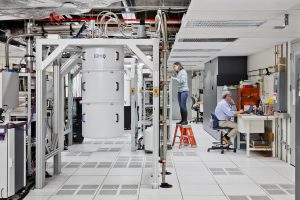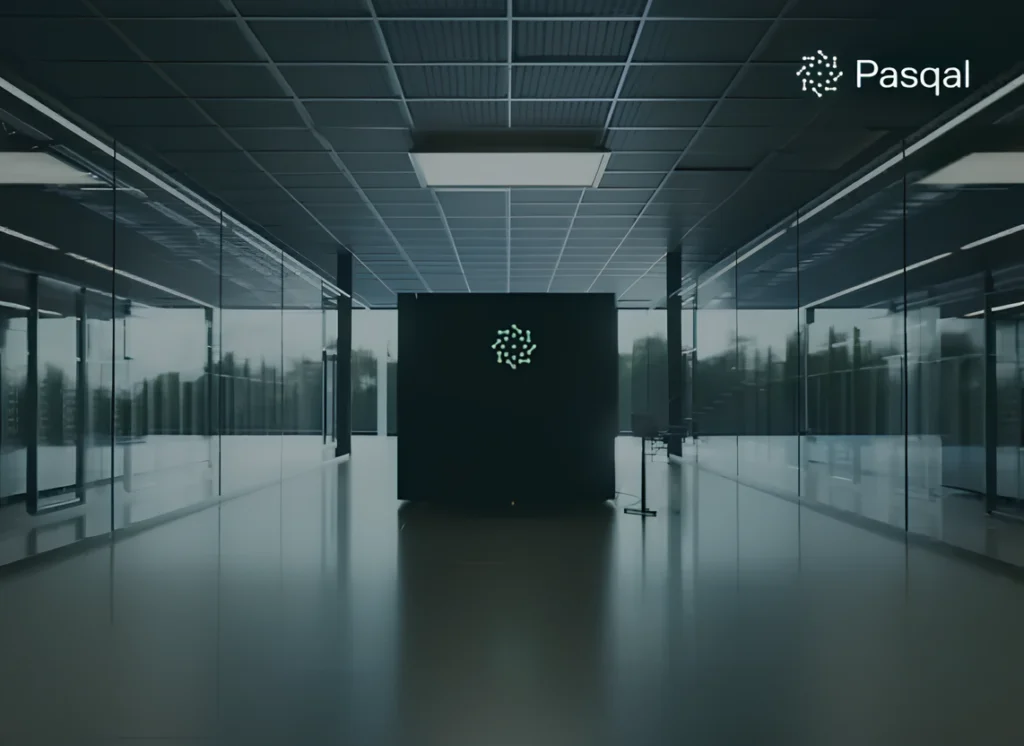
The National University of Singapore and IBM have announced a three-year collaboration in quantum computing, supported by Singapore’s Quantum Engineering Programme (QEP), according to the Centre for Quantum Technologies. The partnership will give researchers access to IBM’s quantum computers on the cloud.
Officials say the collaboration is aimed at finding new ways to use quantum computing to solve real-world problems and to train quantum scientists. CQT Principal Investigator Kwek Leong Chuan, who is co-director of QEP, emphasizes the importance of growing the talent pool. He pointed out that it is really up to the imagination and ingenuity of young, creative researchers to come up with even more applications.
IBM Q has built a network of hubs around its quantum hardware. The company offers free cloud access to its smaller machines, while access to its more powerful machines that have up to 53 qubits is reserved for its network. NUS is the first South-East Asian academic institution in to join the IBM Quantum Network, which has more than 100 members including companies such as Samsung, ExxonMobil and Daimler.

QEP, a $25 million five-year initiative funded by the National Research Foundation, was launched in 2018 to develop engineering capabilities needed to commercialize quantum technologies as industrial applications. Managed by NUS, the program has already funded seven research projects across quantum secure communication, quantum devices, and quantum networks.
“Singapore is a global hub where innovation is driven by a strategic combination of talents, world-class research and a vibrant tech-transfer ecosystem. To strengthen this edge for decades to come, NUS is pleased to be the host of the QEP. The funding from this programme aims to bring together expertise across several universities to drive the advancement of quantum technology,” said Professor Chen Tsuhan, NUS Deputy President (Research and Technology).
“This partnership with IBM will potentially open up avenues for researchers to apply quantum computing to different fields, including chemistry, materials science, biology, finance and cybersecurity, particularly those dealing with uncertainty and constrained optimization. The know-how and experience gained will help ensure that Singapore is ready to harness the quantum revolution for social and economic benefits.”
IBM Asia-Pacific general manager Brenda Harvey told the Straits Times: “As part of our network, NUS will have access not just to our technology but also to joint development opportunities that will grow quantum expertise and help Singapore to be quantum-ready,” she says.
Under the new collaboration, NUS researchers will also get access to 15 of IBM’s powerful quantum computing systems via a cloud service. IBM machines are built from superconducting quantum bits. To increase awareness and skills in quantum computing, IBM will also organize local hackathons and developer camps.
These initiatives will complement ongoing activity in quantum computing in Singapore, in both research and commercial ventures.
CQT researchers have previously collaborated with commercial providers including IBM. For example, CQT hosted in 2019 a quantum coding hackathon with technical support from the IBM Qiskit team, and invited in 2017 IBM Q researcher Hanhee Paik to speak at the Centre’s annual symposium.
Singapore has a significant community of researchers working both on technology that may be used to build future computers and on quantum algorithms and software to deploy on such machines. Local startups Entropica Labs and Horizon Quantum Computing are focused on developing software tools for quantum computation.














